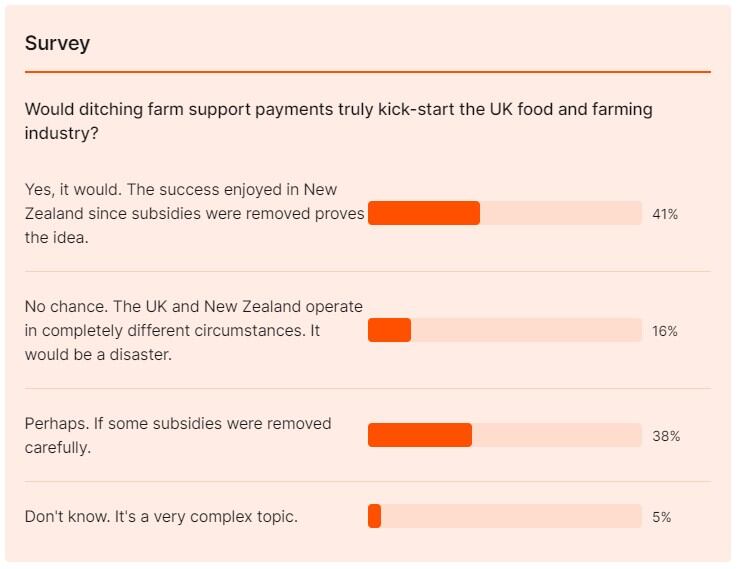Far from being a “race to the bottom” and having standards compromised, opening up markets and competition would raise food and farming standards, according to Sir Alexander Lockwood Smith, speaking at a recent Westminster Food & Nutrition Forum seminar.
Drawing on the experience of the New Zealand sheep, dairy and wine industries, Lockwood Smith claimed protectionism and subsidies impaired “price signals being able to flow through for businesses to change to be able to respond to economic environments”.
Protected by a 40% tariff
The New Zealand wine industry – protected by a 40% tariff until 1985 – was a “classic” example, he claimed.
“In 1985, the wine industry opened up to global competition. And have we seen a race to the bottom?” Lockwood Smith asked. “The New Zealand wine industry was producing battery acid. You couldn’t export the stuff because no self-respecting person would drink it.
“Today, wine is our second biggest export to the EU, our third biggest export to Australia, and in the London wine market we command the highest average price of any country in the world.”
Lockwood Smith argued that in a developed country “you don’t make a living out of producing cheap, low-quality stuff”, and the effect of opening markets and competition was in fact to raise standards.
Raise standards
He explained that since subsidies were lifted in 1993 there had been a 161% improvement in the amount of New Zealand sheep meat exported against the number of sheep being farmed.
“So in terms of productivity, which is one of the issues as you look to the future, it’s dead simple. If you want to improve productivity in agriculture you’ve got to deal with the subsidies and protectionism,” Lockwood Smith said.
“You can put all the money you like into research around technological changes, but over time you have got to get rid of the barriers to the economic signals coming through to farmers so that they can respond to the marketplace. Protectionism and subsidies will kill it – that lesson has been so obvious in New Zealand.”
What do you think? Would ditching support payments really be a good idea? Test your views against those of other readers in our exclusive survey in the box below.
Meanwhile, Sir Ivan Rogers, former UK permanent representative to the EU, has warned US trade negotiators will “play hardball” when discussing food and farming products, as part of a post-Brexit trade deal with the UK.

